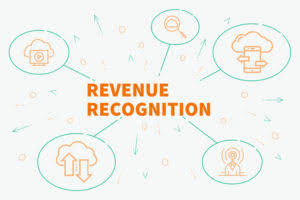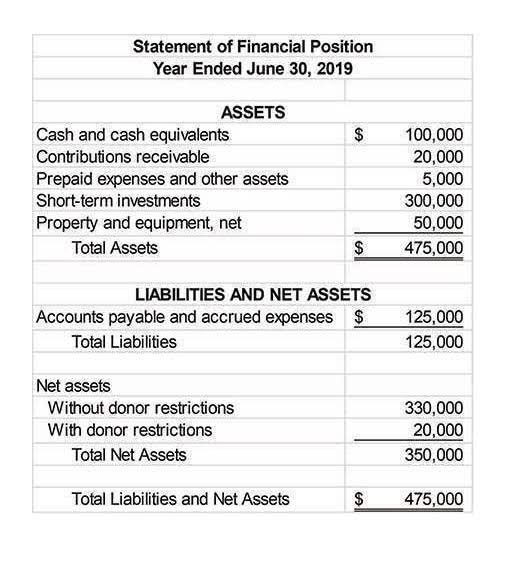
The ability to use a computer is essential, and knowledge of basic spreadsheet and database programs is helpful. Self-taught bookkeepers use a variety of courses, seminars, books, and other online resources to learn about bookkeeping and accounting. You can also learn how to use accounting software, like QuickBooks, which can teach you about the basics of bookkeeping as well as the technology used by many businesses. Bookkeepers are responsible for recording financial transactions related to the business. While most bookkeepers work with businesses, some individuals may also choose to hire a bookkeeper to track personal finances.
If you’re ready to take bookkeeping off your plate and delegate this task to someone else, it can be hard to know where to look. Start by reaching out to other business owners for recommendations, searching online for providers and checking out reviews on Google or Yelp. If you don’t feel comfortable with a freelancer, there are many firms that offer bookkeeping services as well. While these careers are related, full charge bookkeepers handle day-to-day data entry and record-keeping, while accountants use those records to manage tax filings and higher-level financial operations. Some bookkeeping services can provide a full suite of bookkeeping, accounting and tax services.
Want More Helpful Articles About Running a Business?
While https://www.bookstime.com/s record daily transactions, accountants use the information compiled by a bookkeeper to produce financial reports. One way to think about it is that bookkeepers lay the groundwork for accountants to analyze and prepare financial statements. Customers schedule an appointment to have a bookkeeper review their transactions, and multiple schedules are available to choose from. You will have access to a client management portal, and can communicate with customers through video conferencing and messaging.

Bookkeeping is the ongoing recording and organization of the daily financial transactions of a business and is part of a business’s overall accounting processes. Online bookkeeping services might be the exact solution you need to save both time and money. The service you decide to use depends on the needs of your business and may include extra features such as payroll or tax documents. While there are a myriad of courses available for bookkeeper education and training, a good deal of bookkeepers are self-taught since there are no required certifications needed to work as one. The skills needed to become a successful bookkeeper are often acquired through working in a career in the finance industry or even by balancing your personal budgets. Many bookkeepers hone and develop their expertise over time while others opt to complete seminars, read books or take online classes.
Questions About How to Become a Bookkeeper
You can find services for as little as $20 per month while others run thousands per month. When you have a Small Business Plus plan or higher, you get unlimited online support. All plans come with onboarding, a dedicated bookkeeper and account manager, reconciliation at month-end, balance sheet, P&L, statement of cash flows and a portal with document storage. Higher-tiered plans unlock more transactions and a more frequent service level. If you opt for bookkeeping software—like Quickbooks—keep in mind the time commitment required to learn how to properly use the program.
In the normal course of business, a document is produced each time a transaction occurs. Bookkeeping first involves recording the details of all of these source documents into multi-column journals (also known as books of first entry or daybooks). For example, all credit sales are recorded in the sales journal; all cash payments are recorded in the cash payments journal. Most individuals who balance their check-book each month are using such a system, and most personal-finance software follows this approach.
Bookkeeper Salary Range
Accountants are more concerned with the larger picture and use the data bookkeepers keep track of to generate reports, identify important trends, and make projections. In addition, bookkeepers are not required to have an undergraduate degree; accountants typically are expected to have, at least, four years of formal training. Bookkeepers must keep thorough, up-to-date records of organizational financial transactions. Bookkeeping requirements also cover reconciliation, the process of comparing internal records with bank records to ensure there are no discrepancies. Most employers prefer hiring new bookkeepers who will learn from more senior professionals. Recently hired bookkeepers should expect to receive around six months of guidance and even classroom training when they start their new roles.

Enrolling in a certificate or degree program offers an education-based option. You can also pursue on-the-job training, building job skills through an internship or junior bookkeeping role. Other bookkeepers finish their high school diplomas and then seek on-the-job training.
How to choose the right bookkeeper?
Your bookkeeper may help you generate the invoice, collect a payment, enter the transaction into the general ledger, and document the paid invoice. Sure, most small-business owners don’t start businesses because they’re accounting experts. But keeping accurate books and understanding what the numbers mean can spell the difference between business success and failure. And a Certified Public Accountant, or CPA, is an accountant who has taken a test called the Uniform CPA Examination and met your state’s requirements for state certification.
- Higher-tiered plans unlock more transactions and a more frequent service level.
- Being attentive to your business as it’s growing is crucial when it comes to reaching your goals.
- Although you don’t need a bachelor’s degree, it can make you more competitive.
- For instance, the job outlook for accountants and auditors has a 6 percent growth rate from 2021 to 2031.
The NACPB offers a certified bookkeeping professional (CPB) designation, and AIPB confers a certified bookkeeper (CB) license. Most bookkeepers hold high school diplomas and have completed postsecondary courses in relevant subjects, like accounting. A small business can likely do all its own bookkeeping using accounting software. Many of the operations are automated in the software, making it easy to get accurate debits and credits entered. Bookkeeper360 integrates with third-party tools, such as Bill, Gusto, Stripe, Shopify, Xero, Brex, Square, Divvy and ADP.

0 commentaires